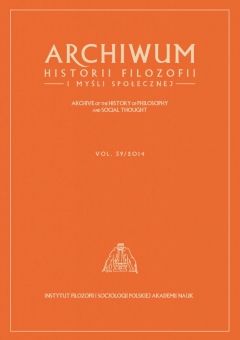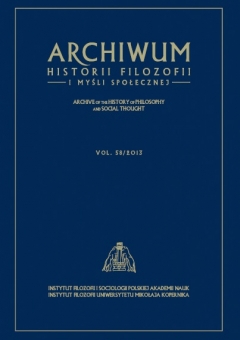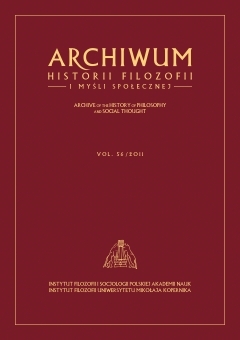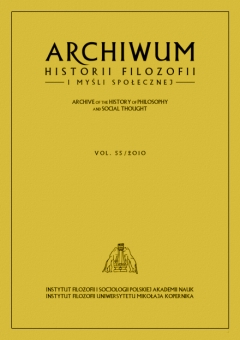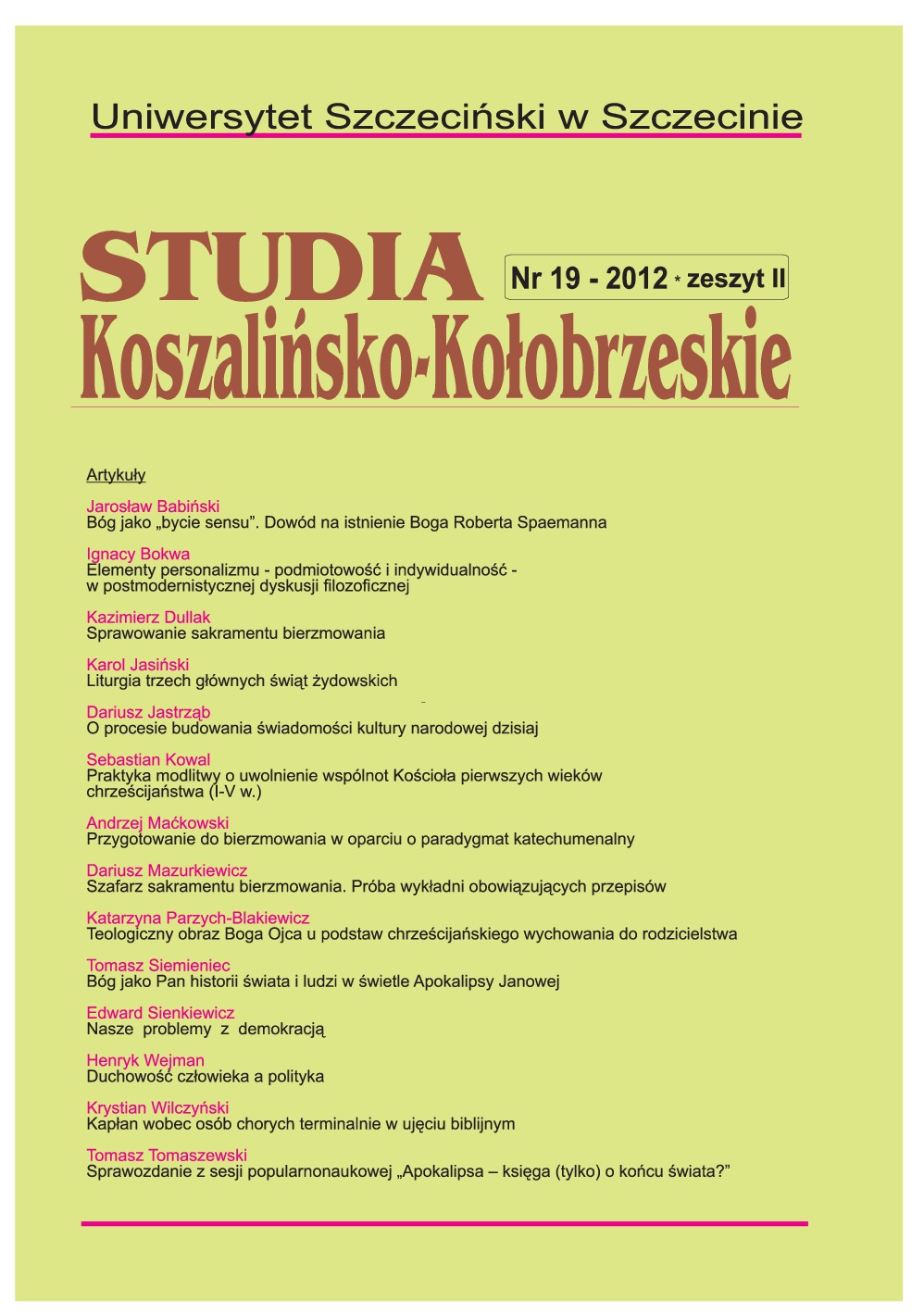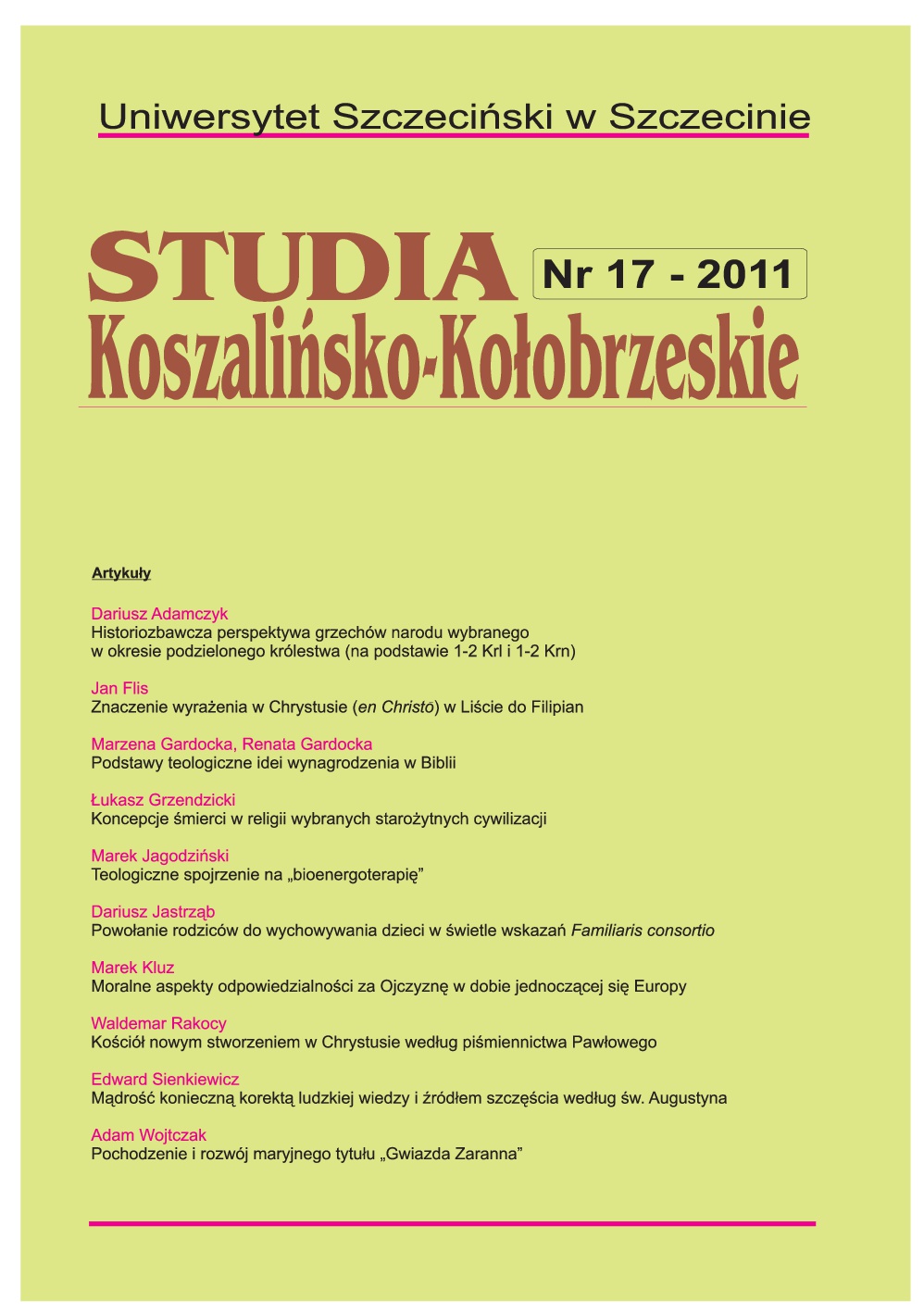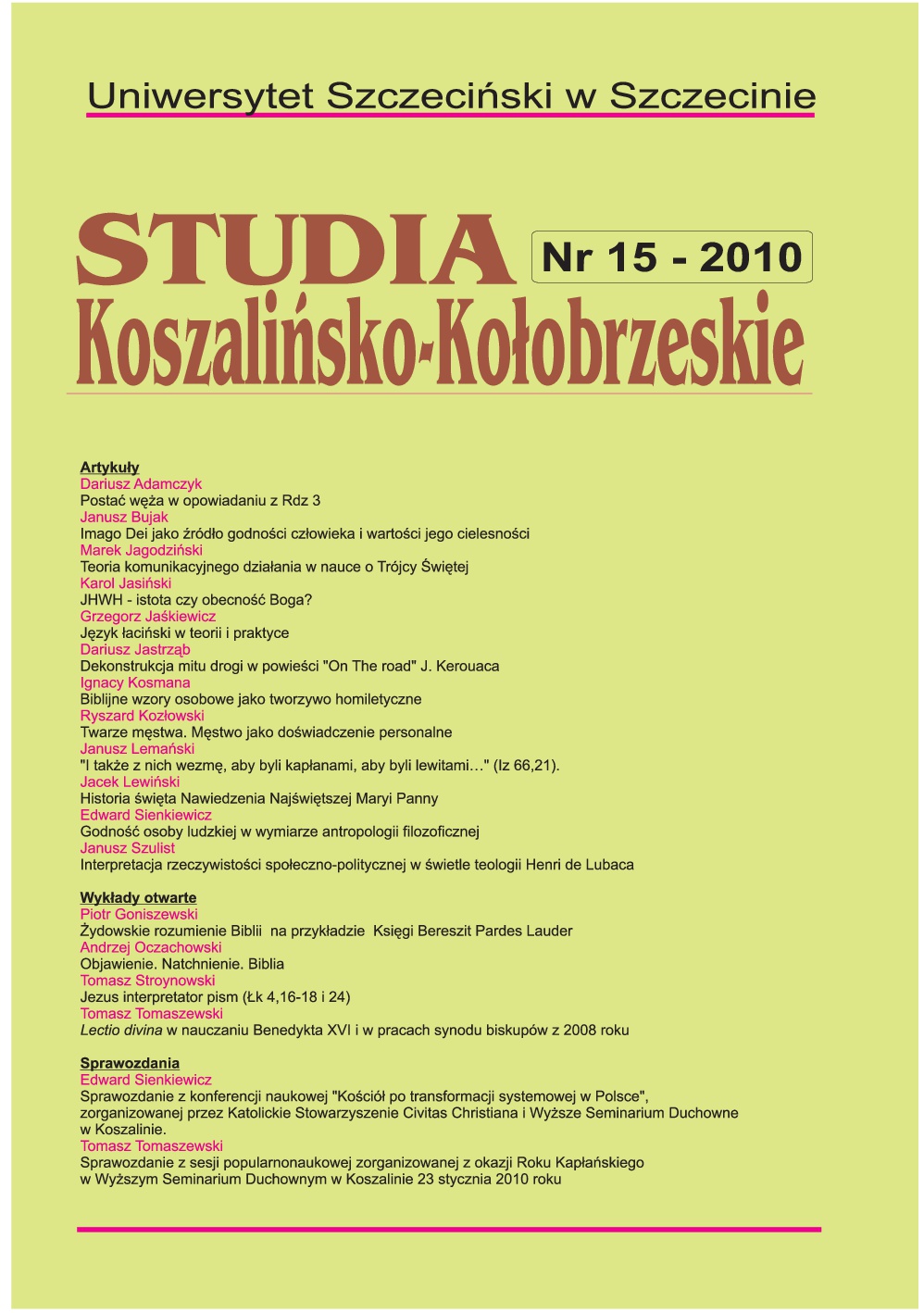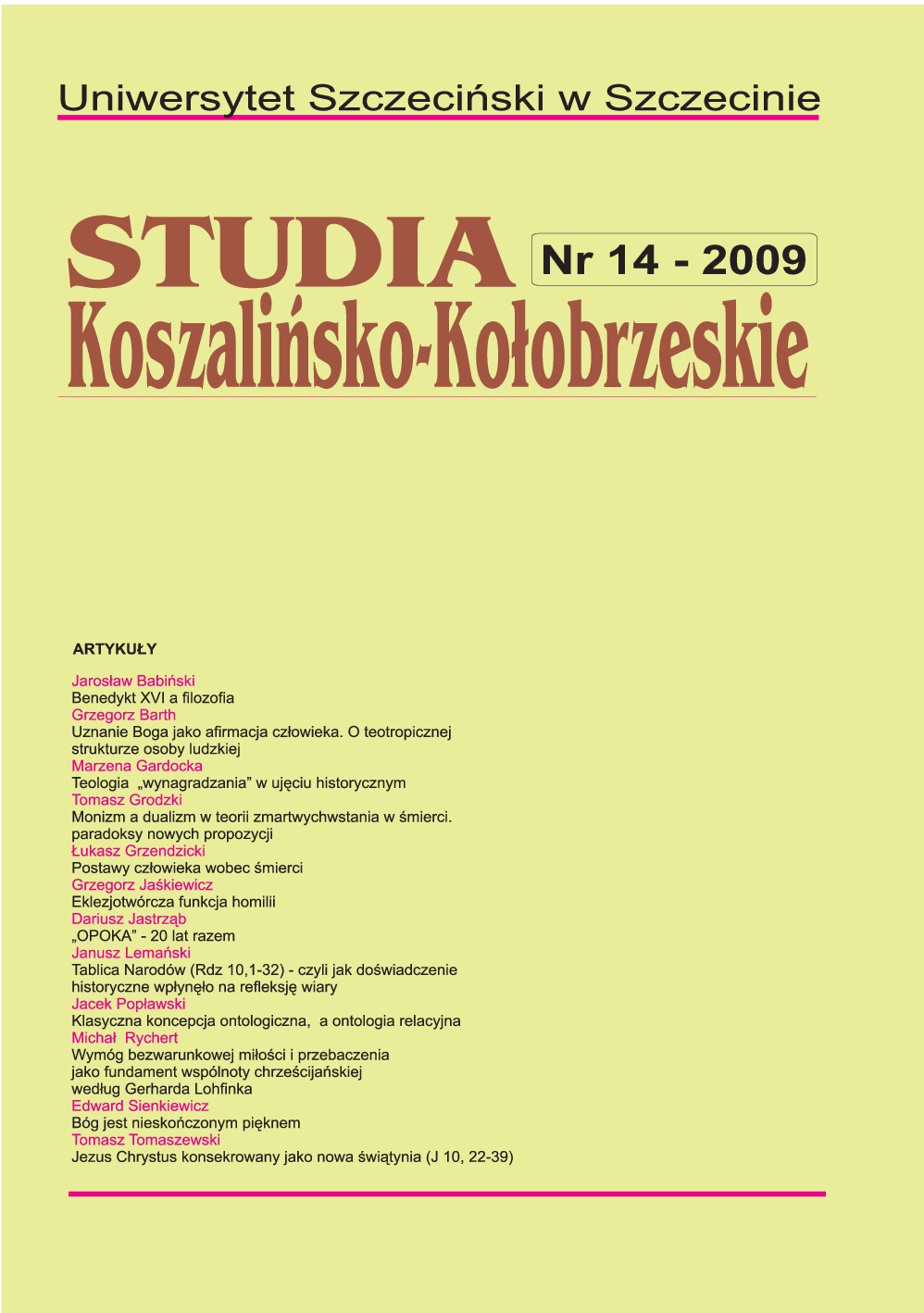Author(s): François Chirpaz / Language(s): Polish
Issue: 56/2011
This article deals with the main themes I discussed in a book under the same title. h e leading thread of the work is to present the issue that Hume, from A Treatise of Human Nature to Dialogues Concerning Natural Religion (published posthumously), continually discusses and examines. h e point aim is to put metaphysics and its claims to a most ruthless test that would ultimately disqualify it. Such disqualification, which brings metaphysics down to an incoherent daydreaming, is the other side and consequence of a notion of science that Hume wants to create foundations for, i.e. a “science of human nature”. In a sense, this enterprise is a continuation of Descartes, who provided philosophy with a new foundation, that is the self-awareness of the human subject. But, if Descartes’ subject is funded on the cogito act, Hume’s turns out to be not a certain “I”, but a non-personal subject, a kind of il y a, whereas the mind is a kind of theatre, on whose stage various perceptions appear in different configurations. Hume’s analyses demonstrated that human cognition has no foundation in any substantial subjectivity, but in temporal genealogy of appearing impressions and ideas. Descartes wants to define the functioning of the mind, beginning with separating it from sensuality, while Hume sees the mind as a simple interplay of relations between ideas, having their source in the sensuality. Hence the critique of metaphysical claims and of religion. It is precisely the study of sources of religious beliefs that constitutes a substantial part of Hume’s work, because they are a good example of how easily the human mind exceeds the borders of experience – the only foundation of knowledge – and how easily it paves the way for metaphysical illusions. For Hume, the subject, comes down to the functioning of the relations between ideas, which merely are simple reflexes of sensuality. In the mind there is nothing and cannot be anything apart from what has already been introduced there by the senses. Thus Hume takes up and radicalizes Locke’s thesis.
More...

